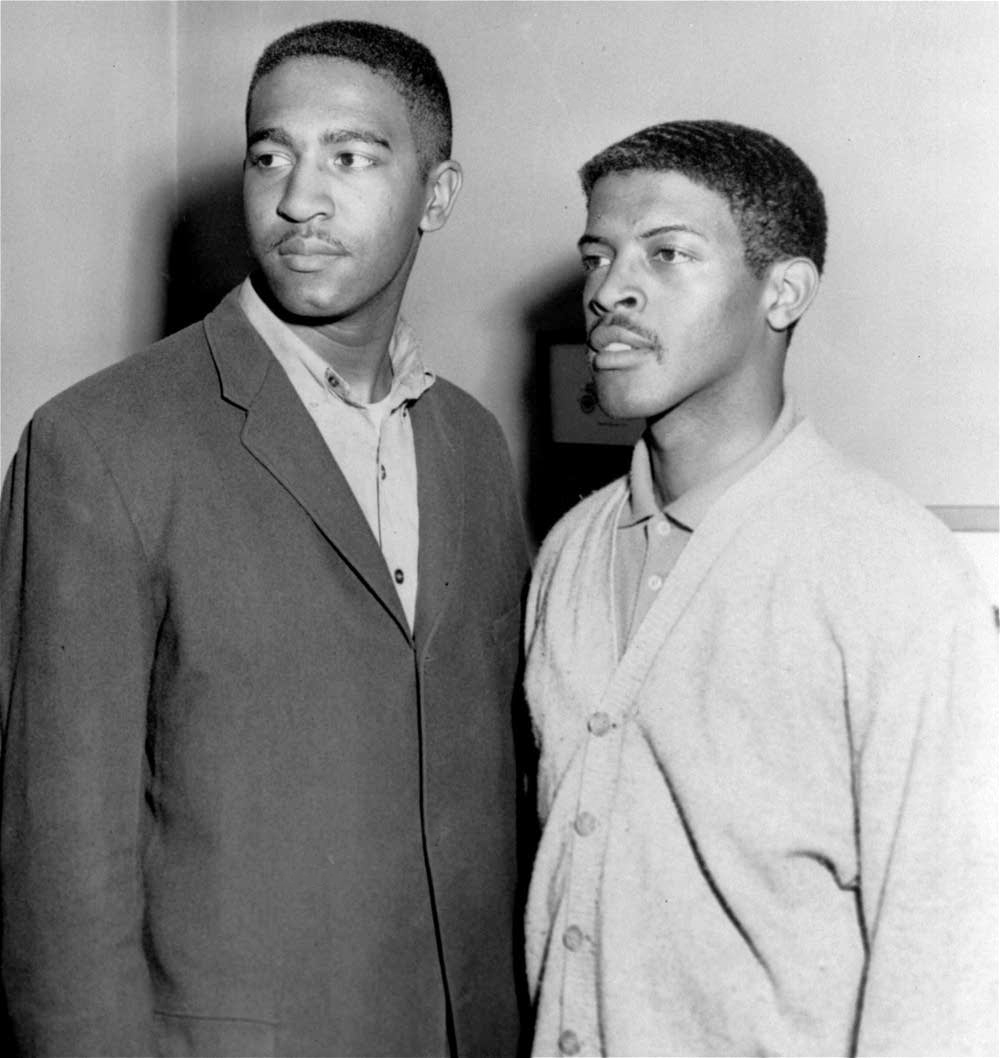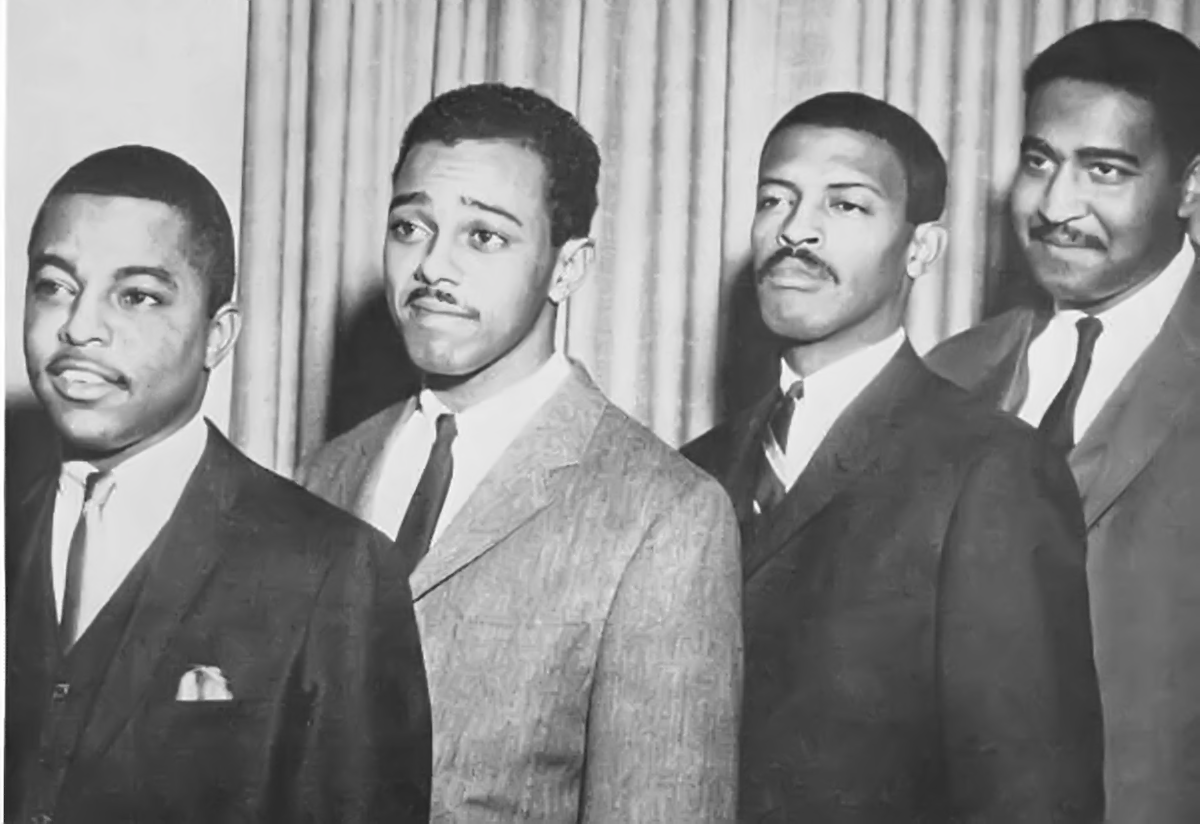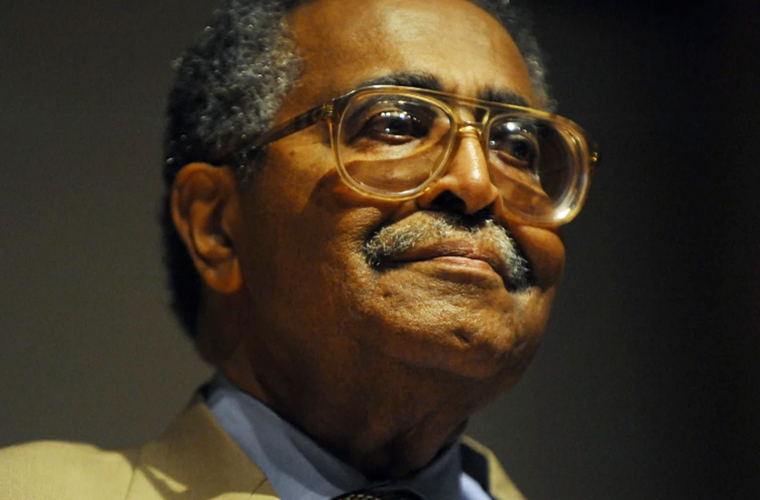Franklin McCain was one of the four African American college students who initiated the sit-in protest at Woolworth’s lunch counter in Greensboro, North Carolina, on February 1, 1960. McCain was born on January 3, 1941, in Union County, North Carolina. At the time of the protest, he was a student at North Carolina Agricultural and Technical State University, where he was studying chemistry.

McCain, along with Joseph McNeil, Ezell Blair Jr. (later known as Jibreel Khazan), and David Richmond, decided to stage the sit-in protest as a way of challenging the racial segregation that was prevalent in their community. The four students were inspired by the nonviolent teachings of Mahatma Gandhi and Martin Luther King Jr., and they believed that peaceful direct action was the best way to bring about change.
McCain and the other three students were refused service when they sat down at Woolworth’s lunch counter, but they refused to leave and stayed at the counter until the store closed. The next day, they returned to the store with more students and continued their sit-in protest. The sit-in protest continued for several days and soon spread throughout the South, sparking a new phase of the Civil Rights Movement.

After the Greensboro sit-ins, McCain continued to be involved in the Civil Rights Movement. He worked as a chemist for several years before becoming a sales representative for a pharmaceutical company. He was also active in community organizations and served on the board of trustees of North Carolina A&T State University.
McCain passed away on January 9, 2014, at the age of 73. He is remembered as a hero of the Civil Rights Movement and a symbol of the power of nonviolent resistance to bring about change.

